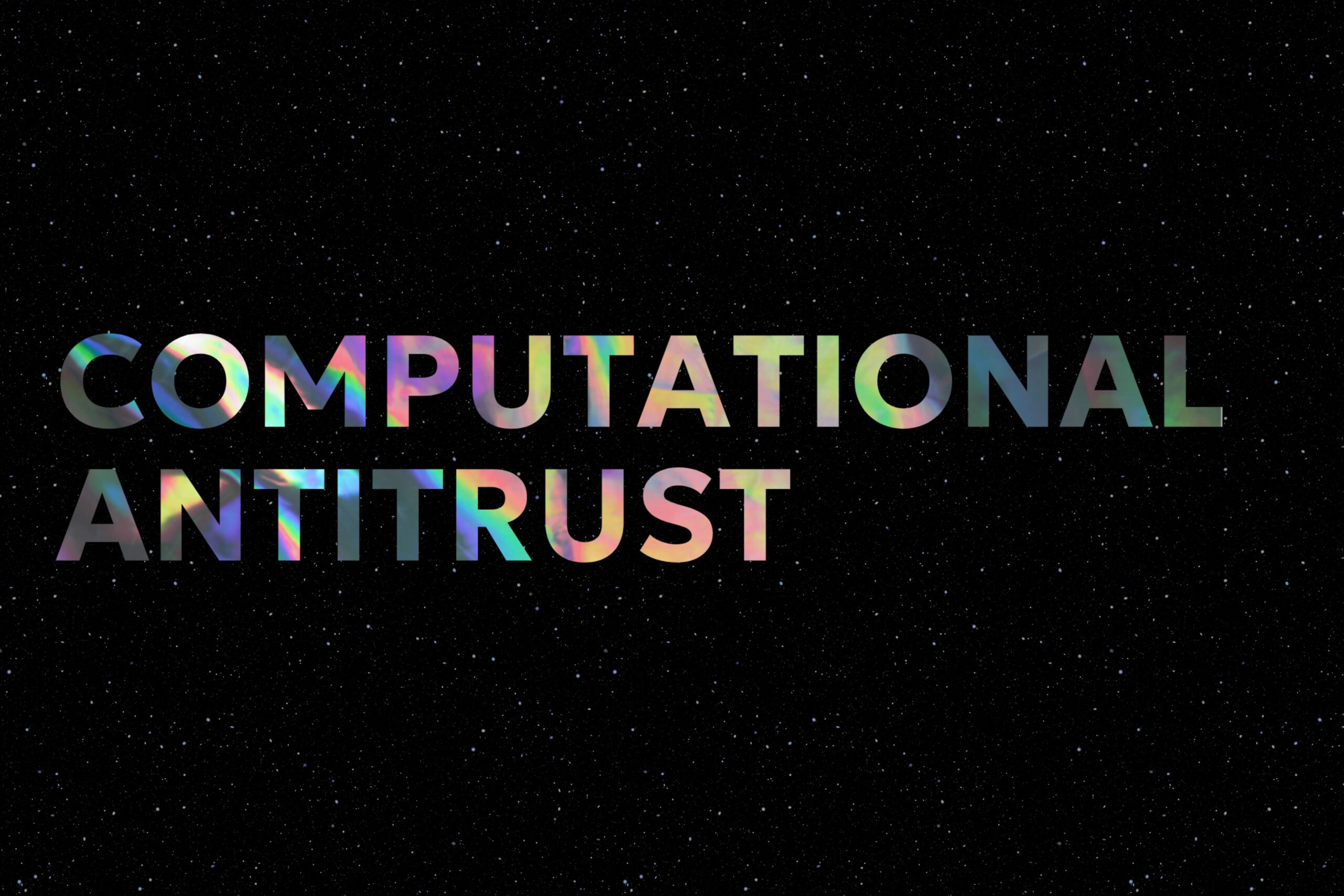Competitive Process is not a standard but a descriptor
I read with interest the essay of Professor Jonathan Baker, A Competitive Process Goal Won’t Strengthen Antitrust. The essay catalogues the dangers and pitfalls of using “protection of the competitive process” as the standard for antitrust violations. Professor Baker attributes this standard to me.
I do indeed believe that preserving the competitive process and preventing its being undermined by anticompetitive business acts and transactions is a good description of what competition law is about. While many experts use “consumer welfare” as the goal of antitrust, this description has fundamental limits. The words are static and outcome-oriented in connotation, and competition is dynamic. “Consumer welfare” does not naturally cover supply side harms such as buyer cartels and no-poach agreements. Moreover, “consumer welfare” is a compromise term for those who endorse a total welfare test and would not intervene in markets without proof of output limitation, as well as for those at the other end of the continuum who worry about unjustified exclusionary harms even when they do not directly raise price. Preserving, much less maximizing, “consumer welfare” is not a very good descriptor of what antitrust does. Preserving the “competitive process” does a much better job.
But “competitive process” is not a standard. The move simply gets rid of semantic baggage. It does not imply strengthening antitrust. The weakness or strength of antitrust as protector of the competitive process is a function of premises and assumptions; whether, for example, we apply libertarian assumptions, such as evident in opinions of Justice Scalia: markets virtually always work; cartels are fragile; firms do what is efficient; or (in my view) the more realistic assumptions of Justice Breyer: firms strategically take and use power, and power is often durable. Neo-Brandeisians tend to have yet stronger presumptions of power and its abuse.
US antitrust law is, at present, in view of the Supreme Court constituency and their decisions, libertarian-leaning. The foundational analysis needs to be recalibrated to recognize market power. But antitrust law is very fact-based and it is not easy to articulate a new legislative standard that describes how to go about defining and recognizing what is anticompetitive. Accordingly, I have made the following proposal: Roll back the US Supreme Court caselaw to the point just before which the Court majority veared off decisively to the right and lost touch with reality:1See E. Fox, The Decline, Fall, and Renewal of U.S. Leadership in Antitrust Law and Policy, CPI Antitrust Chronicle April 2022, notes 25-33 Repeal Trinko, LinkLine, Ohio v. American Express, and California Dental Association, reaffirm Kodak/ITS and revive Aspen Skiing as it reads on its face (not as cabined by Supreme Court interpretation), revive the Court of Appeals (reversed) opinion in Trinko, and use as majority law or at least authoritative guides to the reset of the fulcrum of the law Justice Breyer’s dissenting/concurring opinions in California Dental and Ohio v. American Express. These opinions together constitute a coherent narrative of power and its abuse. As the new base for analysis, they would significantly strengthen US antitrust law.
Eleanor E. Fox
***
Citation: Eleanor E. Fox, “Response to Professor Jonathan B. Baker On The Competitive Process Goal“, Network Law Rev., Sept. 23, 2022








